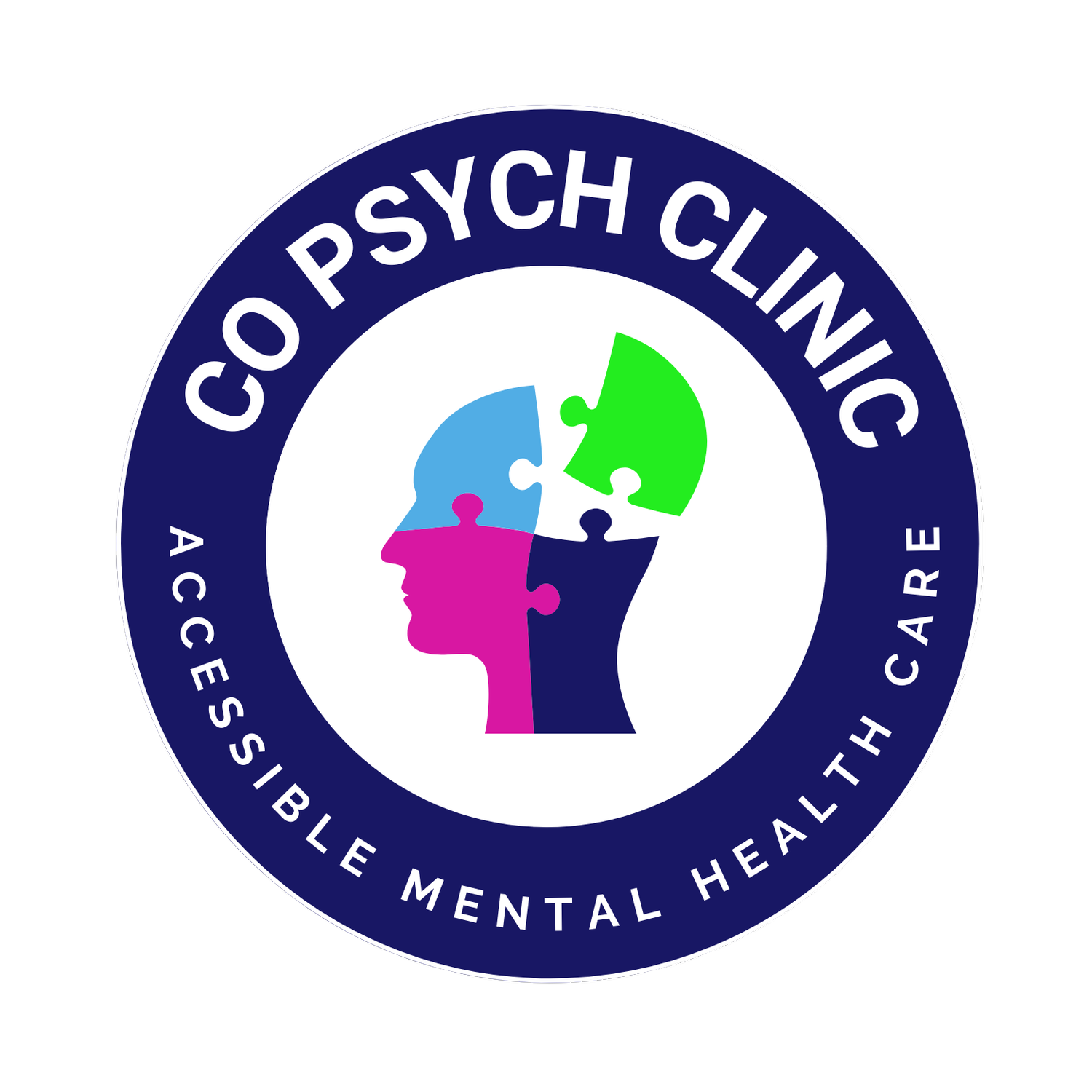What We Treat
ADHD (Attention-Deficit/Hyperactivity Disorder) is a neurodevelopmental disorder that affects both children and adults. Individuals with ADHD often exhibit symptoms of inattention, hyperactivity, and impulsivity, which can interfere with daily functioning and productivity. They may struggle with staying focused, organizing tasks, and managing time effectively. ADHD can impact various aspects of life, including academic performance, work productivity, and social relationships. However, with the right interventions and support, individuals with ADHD can learn to manage their symptoms and thrive. Treatment options may include medication, behavioral therapy, and educational accommodations. It is important to seek professional help for an accurate diagnosis and a personalized treatment plan that can lead to improved quality of life for individuals with ADHD.
Depression is a complex mental health condition that affects millions of individuals worldwide. It is characterized by persistent feelings of sadness, emptiness, and a lack of interest or pleasure in activities that were once enjoyed. Depression can also manifest as physical symptoms such as fatigue, changes in appetite or weight, difficulty sleeping, and low self-esteem. It can make everyday tasks seem overwhelming and drain one's motivation and energy. Depression is not simply a passing sadness but a serious medical condition that can interfere with a person's ability to function and enjoy life. However, with appropriate support and treatment, individuals living with depression can find hope and recovery.
Alcohol use is a common practice in many social settings and cultures around the world. While moderate alcohol consumption may provide relaxation and elevate mood, excessive or prolonged use can have detrimental effects on physical and mental health. Regular and heavy alcohol consumption is linked to various health concerns, including liver damage, cardiovascular problems, and an increased risk of certain types of cancers. Alcohol abuse can also lead to dependence and addiction, causing detrimental impacts on relationships, work performance, and overall quality of life. It is important for individuals to be aware of their alcohol consumption levels and to seek help if they suspect they may have an unhealthy relationship with alcohol. Seeking professional guidance from mental health experts can provide insights and support to navigate the challenges associated with alcohol use.
Anxiety is a common emotional state that many individuals experience throughout their lives. It manifests as feelings of unease, apprehension, and worry, often accompanied by physical symptoms such as racing thoughts, increased heart rate, and shallow breathing. Anxiety can be triggered by various factors, including high-stress situations, major life changes, and traumatic events. While it is normal to experience occasional anxiety, chronic and excessive worry can significantly impact an individual's daily functioning and overall well-being. Seeking professional help, such as therapy or counseling, can provide effective strategies for managing anxiety, promoting self-care, and developing coping mechanisms to navigate anxiety-inducing situations. With appropriate support and treatment, individuals can regain control over their anxiety and lead fulfilling lives.
Services
Anxiety
Autism
Bipolar Disorder
Depression
Hyperactive Disorder (ADD / ADHD)
Insomnia
Medication Management
Men's Mental Health Issues
Mood Disorders
New Patient Visit
Panic Attacks
Post-Traumatic Stress Disorder (PTSD)
Psychiatric Medication Review
Psychiatry Consultation
Sleep Problems








